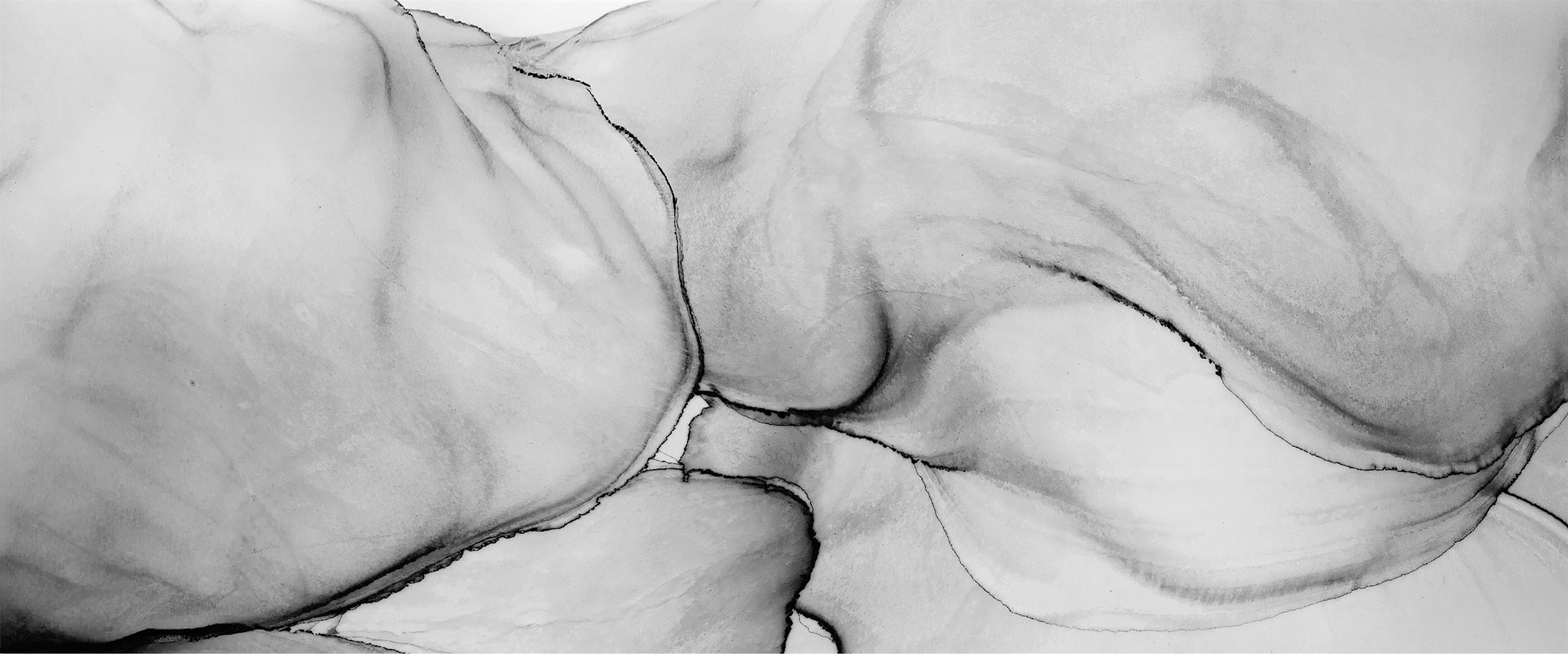Welcome to NJ Vein Specialists, where we offer expert care and comprehensive solutions for Chronic Venous Insufficiency (CVI), a common vascular condition. Our dedicated team is committed to resolving chronic venous insufficiency and enhancing overall well-being and health.





